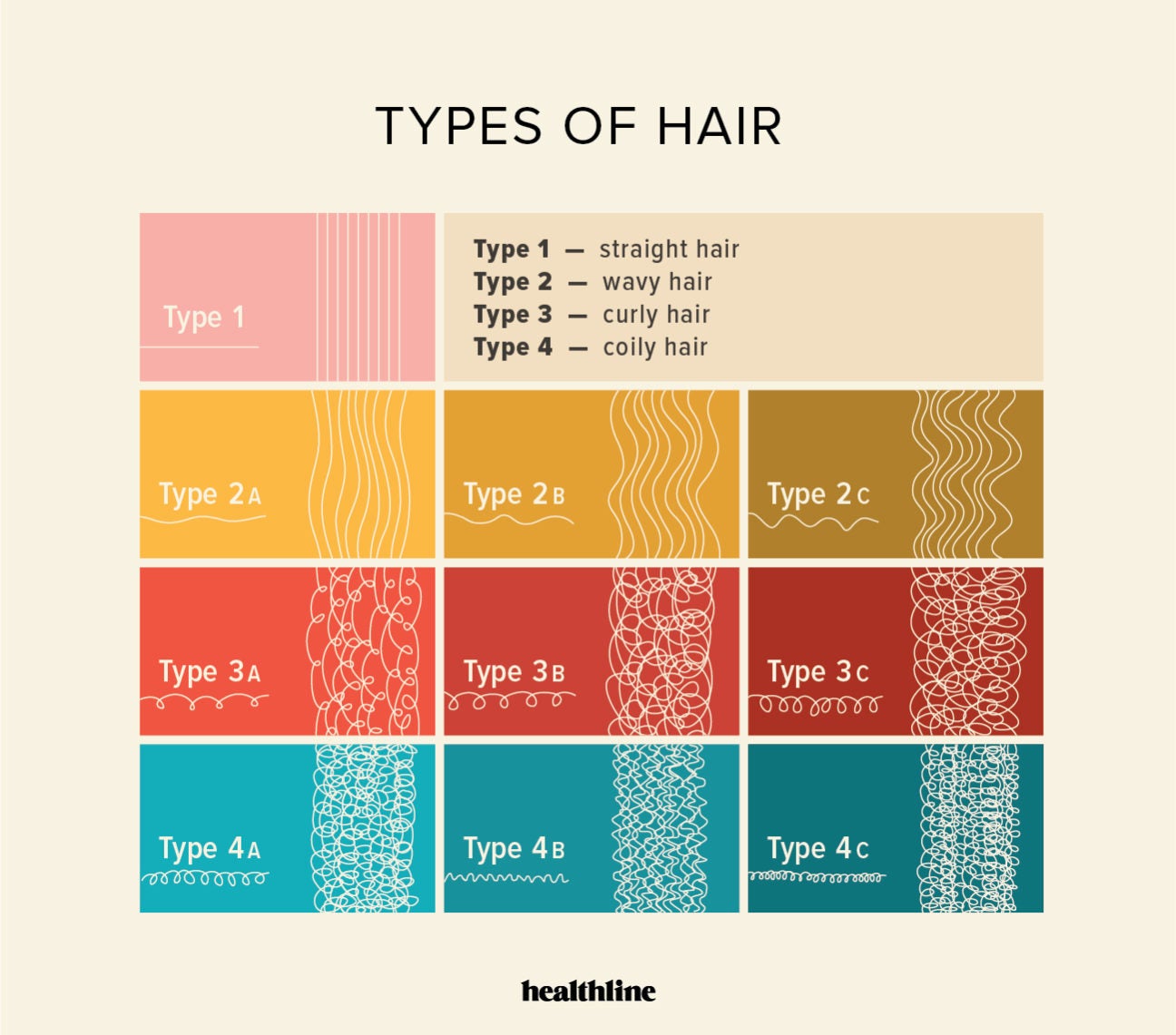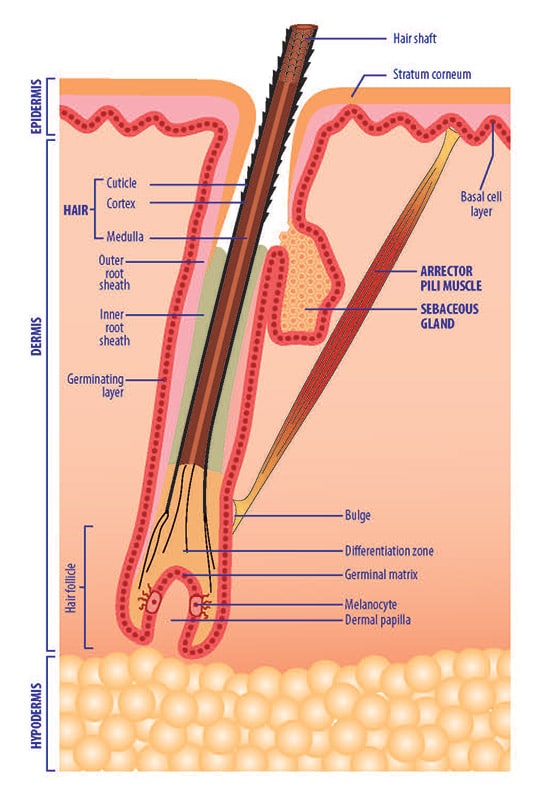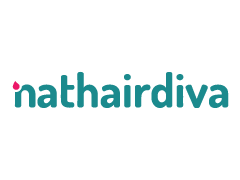Series 1
There are different types of hair available and the best classification is done using the curly structure of the hair strand. Understanding your hair type is the foundational key to getting healthy hair.
If you have spent some time watching YouTube hairstyle tutorials or even movies that star African Americans with their natural hair, you will notice that most times their hair looks different from yours.
When you try to style your hair the same way the outcome looks quite different from theirs, even when you go further and try to use the same hair products.
Therefore, you discover that the hair products that they used to achieve their results do not produce the same results on your hair. The reason behind all that is the difference in the texture and feel of our hair.
No hair type is superior, Never forget this!
Focus
So, let’s address the hair type issue.
Hair types
There are different kinds of hair type systems in place however we have adopted the use of the Andre Walker system which is the most commonly used hair type system.
Before we go further into the system and the various classifications in that system, what really is the phrase “hair type”.
When we say hair type, we are simply referring to how curly the typical strand on your scalp is.
Back to the hair type system, hair types have been classified into 4 categories namely:
Straight hair- Type 1
Wavy hair- Type 2
I want to let you know that it isn’t uncommon for your hair to be a mix of two different categories or sub-categories.
Yes, I said subcategories.
Each category has three sub-categories under it namely a, b, c. So, we have hair typ-ing like 1c, 3b, 4a and all that.

The above image illustrates the standard hair typing system. However, we are showing a second design for you to see the extra subcategories which you might encounter.

These subcategories are based on how tight or loose the curls or coils on an individual’s hair is. Since this blog is tailored to a group of people that belong to hair types 3 and 4 we will only discuss those hair types.
Type 3 Hair
From the illustration above, I believe you already have an idea of your hair type but to ensure you don’t make a mistake, I will explain further. The type 3 hair is defined as “curly” and it typically ranges from light curls to tight curls, these curls are well defined, springy. They have more volume at the roots than wavy hair (type 2).
Therefore, type 3 has three categories namely 3a, 3b, 3c.
3a: 3a type of hair is loose, big, s-shaped and shiny.
See the picture below.

3b: Type 3b hair can be described as a hair that ranges from curls in form of bouncy ringlets to curls that look like tight corkscrews. Also, this hair type prone to a lot of frizz and dryness.
See the picture below.

Type 3b hair: Image source naturallycurly.com
3c: This hair type is often called curly-coily, compared to 3b, its corkscrew look is more tightly packed, it is also really dense, out of all the type 3 hair types it has the most volume but also experiences the most shrinkage.
See the picture below.

Image source: naturallycurly.com
Type 4 Hair (Kinky)
Most black women have kinky hair which is often referred to as kinky. It has tight coils and is very fragile due to the fact that it gets very dry. However, you can say out of all types this is the driest, this is why this hair type needs to be handled with a lot of care and understanding.
Type 4 hair is divided into different categories 4a, 4b and 4c.
4a: This hair has a well defined S-shaped curl pattern when it is stretched. Also, it has a higher hair density that makes it look darker, like all type 4 hair it is prone to dryness but type 4a hair is able to retain more moisture than other types 4 hair types.
See the picture below.

Image source naturallycurly.com
4b: This hair type doesn’t have a well-defined curl pattern and has Z shaped hair strands. It bears a similar resemblance to fluffy cotton, this hair experiences a lot of shrinkages when wet and can shrink to as much as 70% of its actual hair length and volume. However, it has a wiry feel to it and tight cools. This hair is drier than 4a hair type and breaks more easily.
See Picture below.

Image source: naturallycurly.com
4c: This category of hair closely resembles type 4b hair only it is more tightly coiled and has no defined coil pattern in its natural state with no added product. This hair experiences more shrinkage than 4b hair and is the driest type 4 hair therefore it needs the most moisture.

Image source: thatsister.com
Do you know which category your hair falls in?
Tell me in the comment section.
In the second part of this topic, we will discuss the best products and best styles for the hair types.
Stay tuned.
We have several homemade products for Kinky and Curly hair here
Click here to subscribe to our newsletter for more.

Was this helpful?

0

1

1 reply on “Types of Hair? The Ultimate Guide.”
[…] have talked about the different hair types in the first Series, if you have not read it, you can check it […]